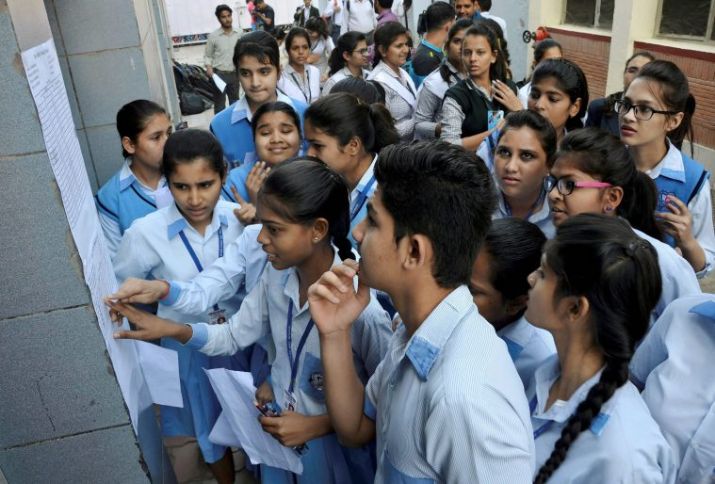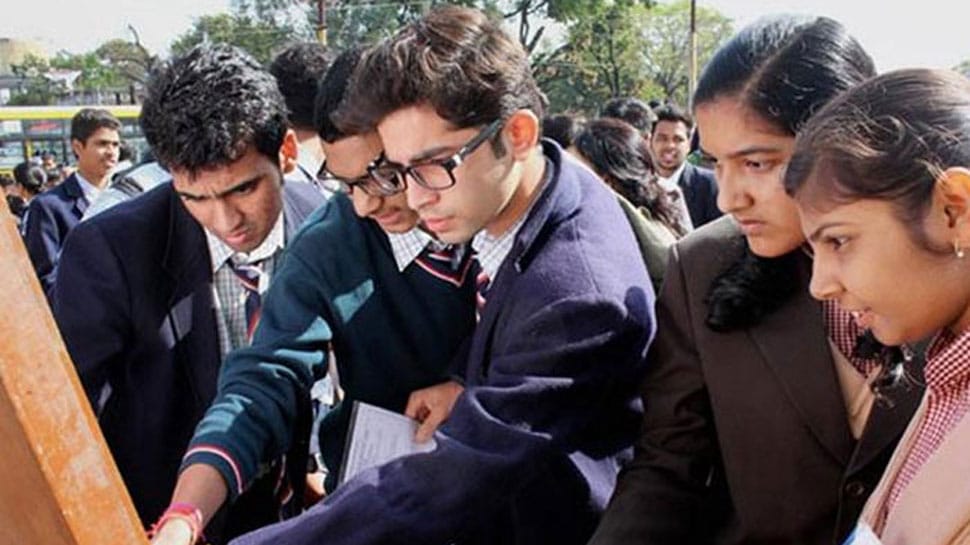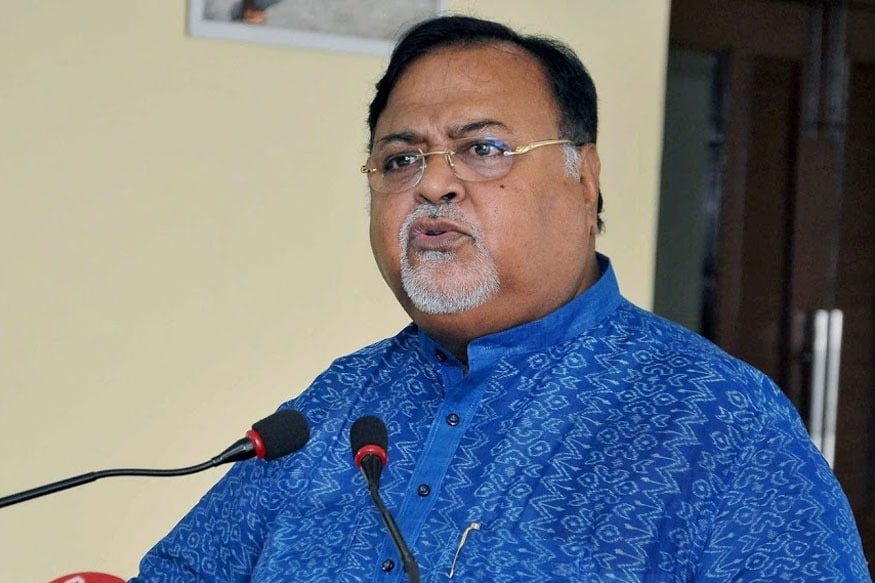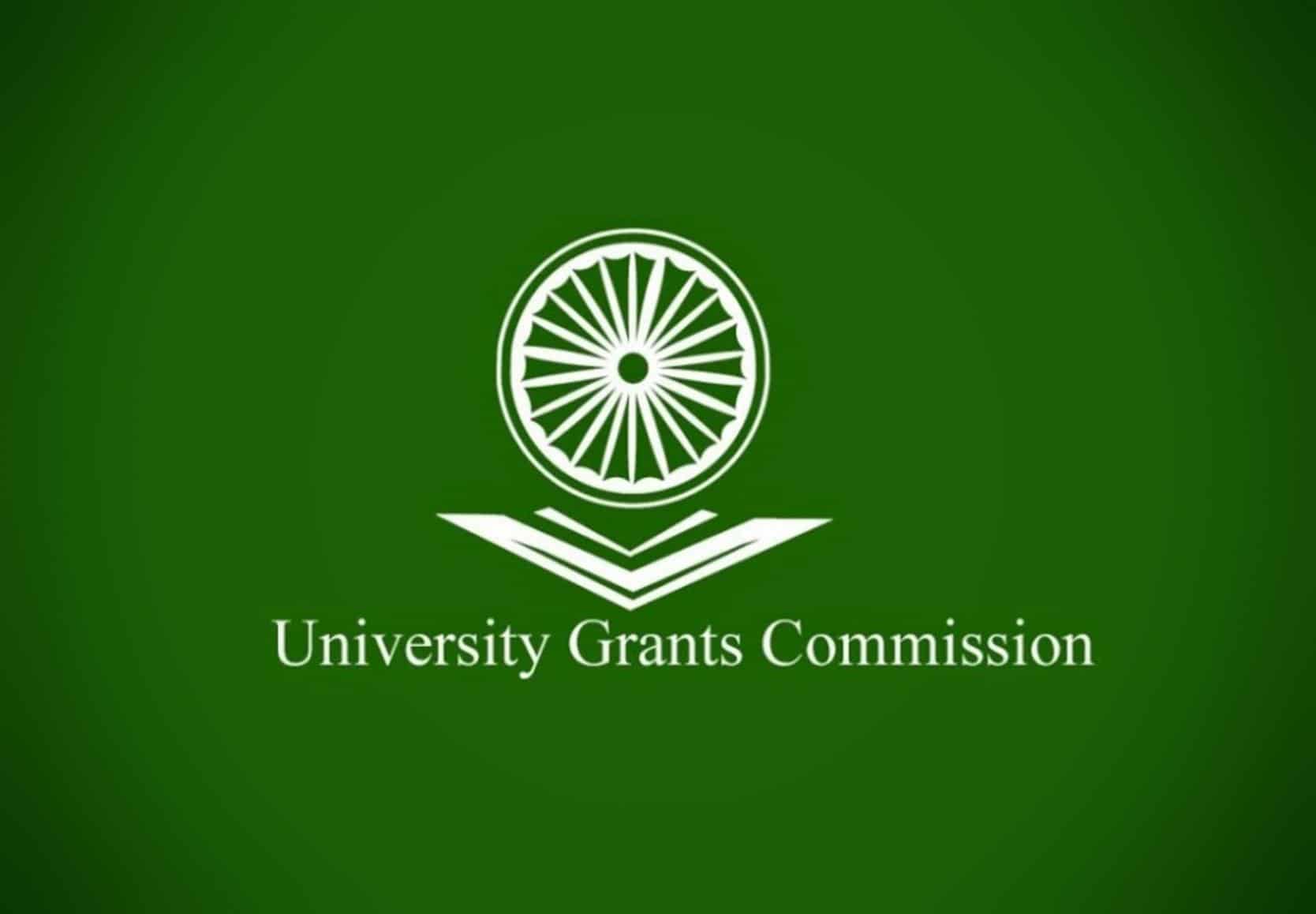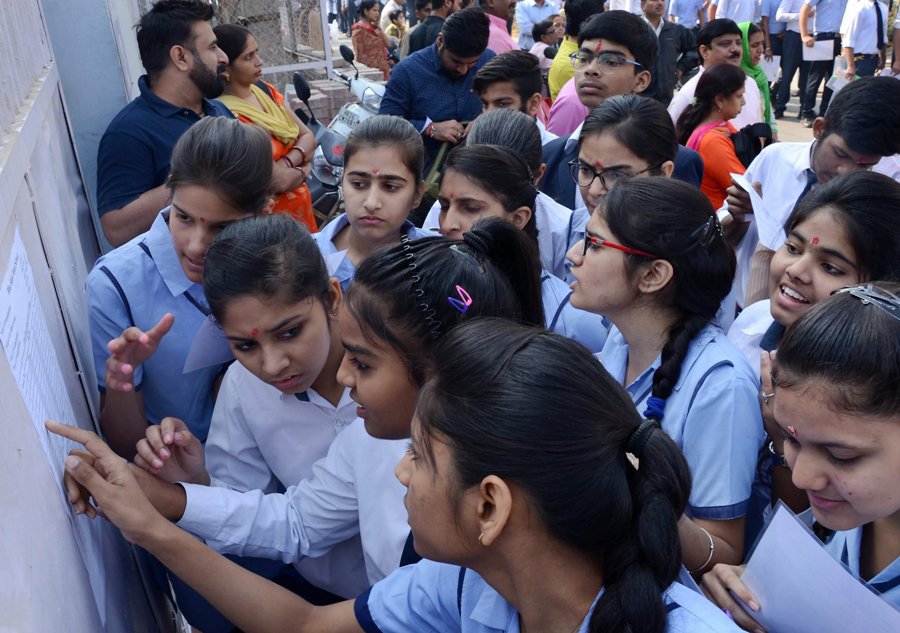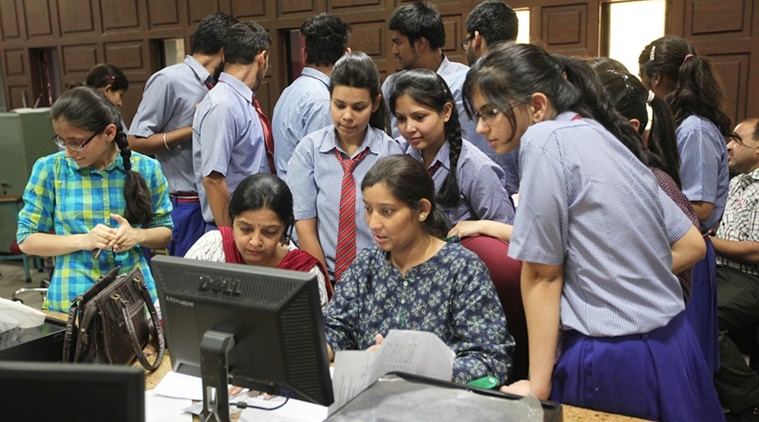The current market status of Digital Marketing shows that the industry is at its peak and is here to stay for the obvious reasons, observes Kunal Choudhary, Founder, Delhi School of Internet Marketing, for Elets News Network (ENN).
A basic for digital development and commitment has risen; active internet users in India as of January 2018 are 462 million; amid the deliberate time period the country had 250 million active social media users. There are 3.49 billion internet users around the world.

As of 2017, India ranks second in a top of countries with most internet users and China on first. There are several details & certainties to confirm that we are experiencing a daily reality where ‘everything’ is digitised’. Truly, we have acknowledged how quick the change has happened and how transformational it has become.
Why, because digitisation drives for the simplest means of communication. And, as its capabilities extend, essentially every part of life is caught and put away in some digital form, we move closer towards the organised interconnection of everyday objects. This has marked marketing too. Marketing and technology are all intertwined and the presence of the social digital technologies has brought digital natives. They are skilled to use these and are our consumers. So, brands and companies dependably need them.
Brands of all sizes have understood that they should be additional cautious in maintaining a watchful eye on their interest group and this is the reason they say, “We have digitised.” Yes, they have moved from paper to digital info and from manual to digital processes. Now, they believe in creating a broader and wider market appeal for their products/services.
At this moment, the legacy of newspapers, radio and television still hold enough influence to be significant yet the variety of brand new digital avenues such as Facebook, Buzzfeed, Quora, Twitter, etc. inside the realms of SEO and paid search and more has become important too. The changed consumer-brand approach has offered a profligate importance to digital marketing management and so, to it as a career.
Future of digital Marketing
Worldwide digital landscapes keep on evolving in shocking ways. World internet usage and population statistics have seen 1,052% of growth in 2000-2018. The number of internet users in India is expected to reach 500 million by June 2018. Why am I sharing the details? To understand the surprising & interesting growth of tech savvy internet users in India, it has extraordinarily expanded the scope of digital marketing in India and the future is looking great.
Digital is now pervasive in all marketing strategies and there would be seen a continuous shift from a one-to-many approach, to one-to-one tactics.
With more than 1.5 lakh jobs being created in India due to digital marketing, there couldn’t be a better time to become a digital marketing professional. The zones of center for brands now are Social media marketing, Search engine optimisation, Content marketing via blogs, Email campaigns, Landing page optimisation, Search engine marketing, etc.
With companies adopting online marketing, individuals need learning of the components of digital marketing and what it takes to become a digital marketer. India has a major future in digital marketing and you as an individual should ensure that you gain by this opportunity.
Career growth in Digital Marketing
India’s internet uprising is a perfect platform for online brands. The digital marketing looks hopeful and brands need to get overwhelmed with tasks like SEO, content ideation, social media strategy, email marketing, website design, and more. They can’t invest quality time on understanding top, middle and bottom funnel objectives and draw in audience. Brands need digital marketers to come to their rescue.
With India going digital, there arrives every single possibility to light up a digital marketer’s career in coming years. Bigger budgets, increased pay and more career choices are just some of the benefits digital marketing professionals are looking forward to have in the year and beyond. In fact, digital marketing is one of only a handful couple of industries where you can climb up the job ladder quickly. Let’s look at how Digital Marketing as a whole can be a good career opportunity and how the academic course takes care of it.
In this budding industry, the major segments one could dwell in are- Organic Search Optimisation, Paid Search & Display Marketing, Social Media Marketing & Management, Email & Newsletter Marketing, Digital Analytics and Tracking, Content Marketing, Direct Email Marketing, etc. And, there is an ocean of learning and growth consequent to each of these.
An aspirant can work as an SEO, SMO, Email marketer, Affiliate Marketing professional, PPC Expert, Blogger/Content Writer, Digital Marketing Manager, etc. They have many choices. They can do job as a professional or can begin as an entrepreneur. They can earn through freelancing projects or make additional income through Google AdSense, Affiliate Marketing.
A fresher can procure up to 15K-20K every month in a mid-level to a large company. If it’s a start-up, the starting salary might be slightly lesser from 20K per month. And, once you get certified, this gives you the power to negotiate and get a salary of 20-25K per month. With 2-4 years of experience, salary varies from 40-50K per month. 5+ years of experience makes you qualified for earning somewhere between 10-15 lakhs.
Seeing digital marketing institutes mushrooming everywhere make sure you are arriving up at a good place; choose an established name to avail the certification. How does a digital marketer’s salary grow; it relies upon the nature of experience and the companies you have worked for. It’s recommended to get a professional certification in digital marketing. Once certified and with the correct abilities for the job, you may get up to 40% hike with little negotiation on your current pay.
How does the academic course take care of it?
Learning digital marketing course strongly helps you to shine in your career. Moreover, courses also make certain trainees to become master in several practices starting from the usage of internet to mobile application, SEO, visuals, Search Engine Advertising, etc.
When ready to undergo the preferred digital marketing courses, consider some points to go-through. Choose course that helps you stand unique and brave in the stream. It’s all about seeking for the course that fits in your requisites and enhances you in developing contemporary advertising ideas.
There are institutes like Delhi School of Internet Marketing, Simpli Learn, NIIT, Manipal Global Education Services, etc. offering professional digital marketing training. DSIM offers Masters in Digital Marketing Training Program- a combination of 4 different courses in one and it delivers 36 modules and 15 certifications. It’s also worth mentioning that DSIM’s course is suited for both beginners & professionals. Simpli Learn offers digital marketing course with quality training in SEO, Social Media Marketing, and PPC with practical advice; NIIT offers Professional Diploma in Digital Marketing; etc. there are heaps of courses available, chose wisely!
Independent of which field of marketing, industry or academic background you’re from, digital marketing is available to everyone and with certification courses, one can sharpen the essentials. It is the time you add the most important skill- digital marketing to fasten your career growth. You could either take up a full-time job as a digital marketer or freelance opportunities as a part-time consultant. (Views expressed above are author’s personal)








